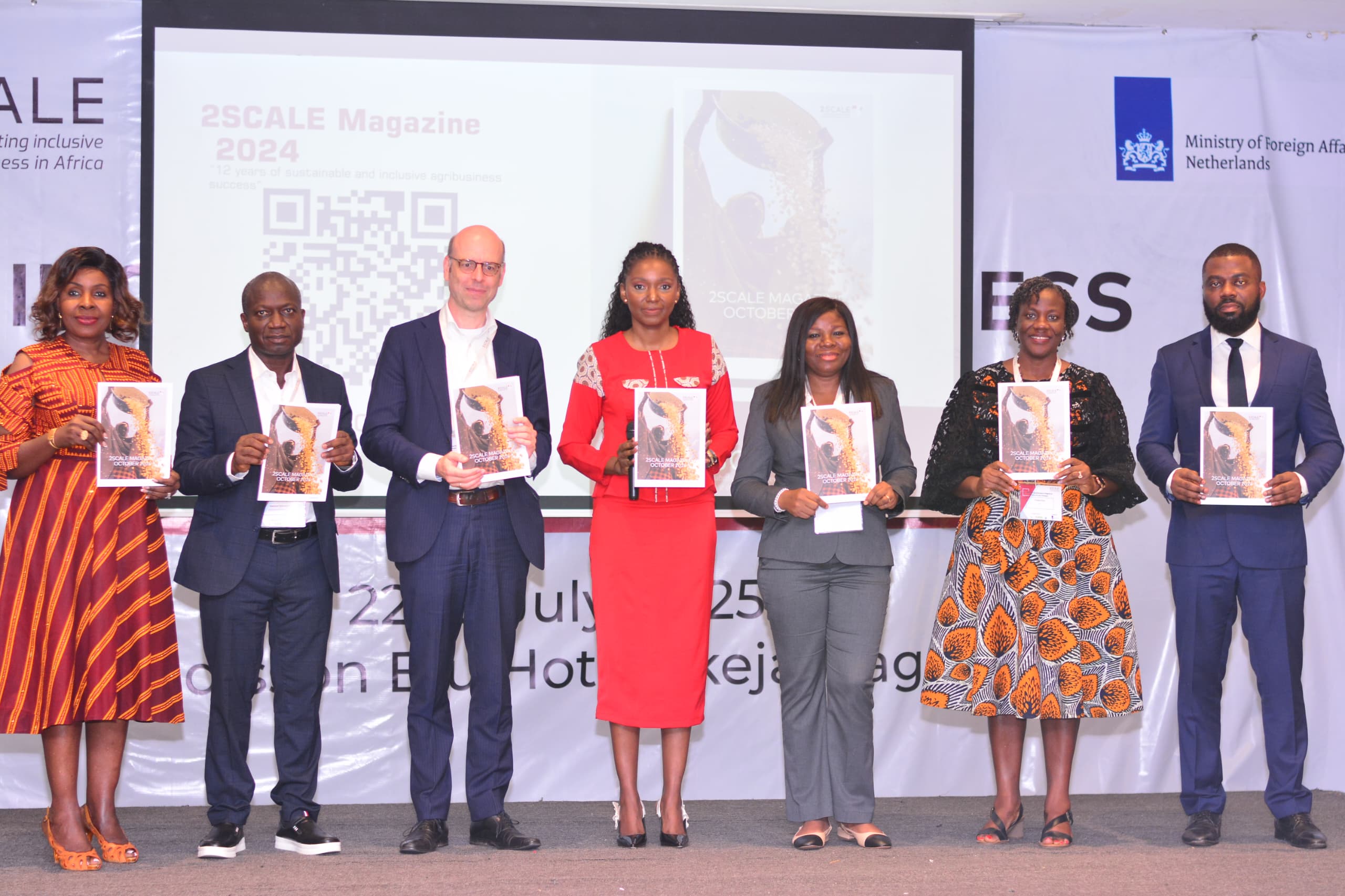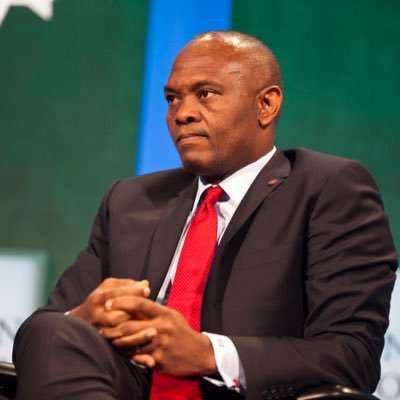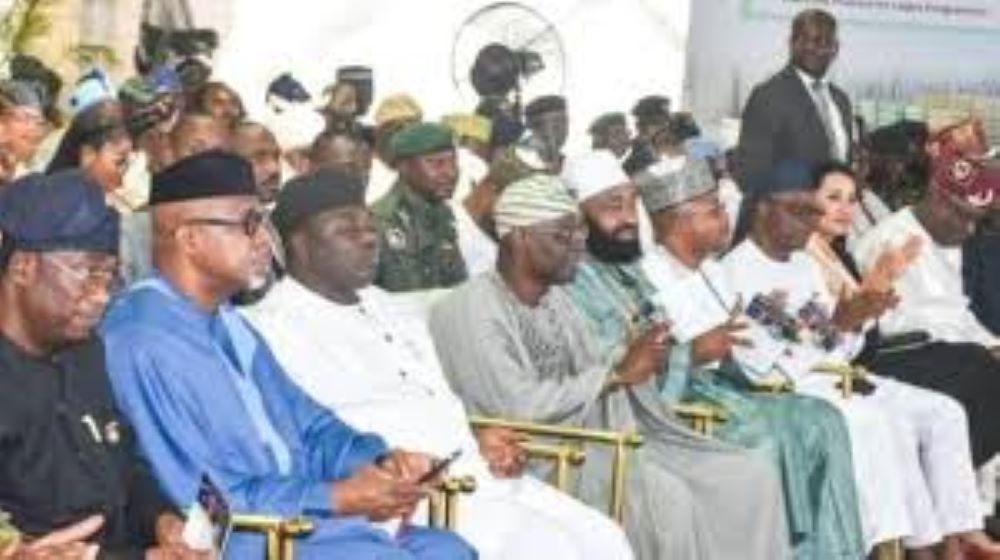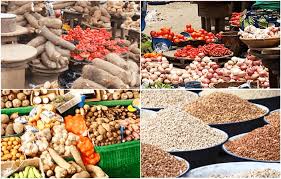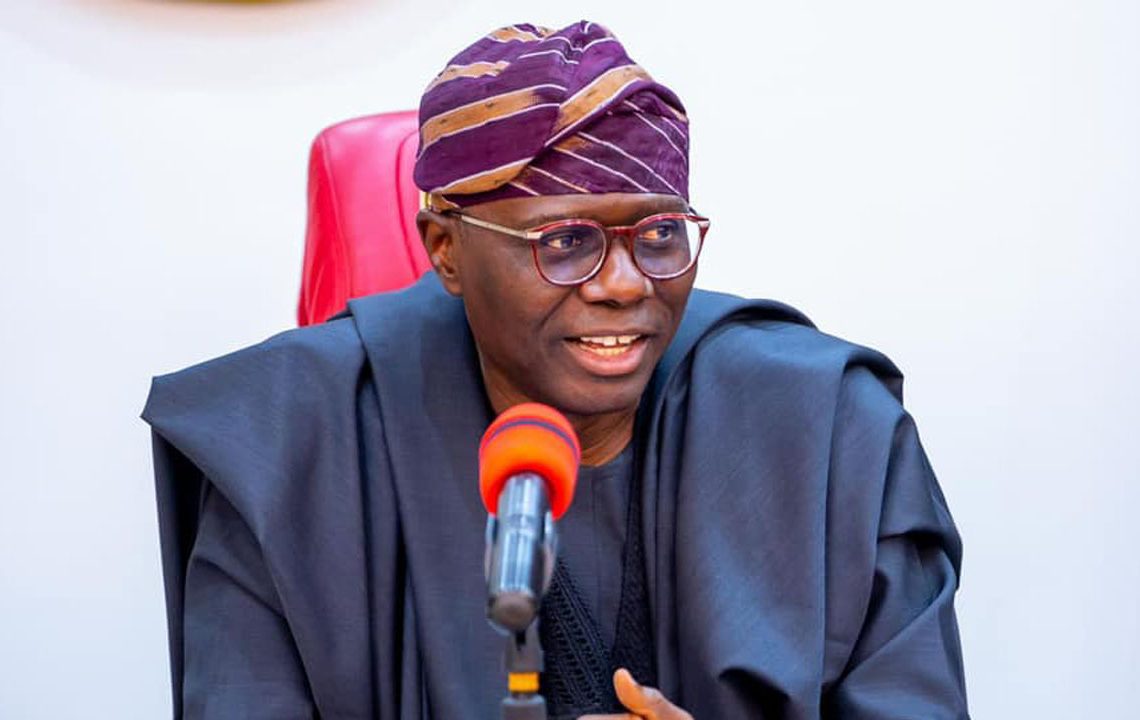By Zainab Olufemi
The Towards Sustainable Clusters in Agribusiness through Learning in Entrepreneurship (2SCALE Programme), in partnership with the Embassy of the Kingdom of the Netherlands, has called for an inclusive agribusiness in the country.
The group gave the advice during the formal conclusion its 13-year effort to transform Nigeria’s agricultural sector through inclusive agribusiness.
Held at the Radisson Blu Hotel, Ikeja, Lagos at the weekend, the event—with the theme “Inclusive Agribusiness in Nigeria: A Public-Private Dialogue”—highlighted the programme’s impact and charted a roadmap for sustainable food systems transformation. It also underscored the Dutch government’s and Nigerian partners’ shared commitment to deepening agribusiness reforms beyond the programme’s lifespan.
Programme Director of 2SCALE, Marina Diboma, reflected on the journey, acknowledging the challenges posed by insecurity and the COVID-19 pandemic, but praised the programme’s resilience and adaptability.
“Our model wasn’t a one-size-fits-all blueprint—it worked because we focused on local realities and the real commitment of actors in the ecosystem. Through collaboration between public and private actors, we’ve empowered rural communities and strengthened Nigeria’s food system,” she said.
Diboma also unveiled the 2SCALE Interactive Magazine, a digital record of the programme’s impact, and premiered a powerful new documentary, “Food Soldiers: Promoting Food Security in Africa.”
The 30-minute film follows a Nigerian photojournalist’s journey as he uncovers the drivers of hunger and highlights grassroots solutions led by farmers, agribusiness champions, and development actors. The film also features stories from Nigeria, Benin, and Mali, emphasizing the transnational nature of food insecurity and the people working to reverse it.
While 2SCALE is winding down, Diboma noted that its inclusive agribusiness model will live on through empowered Nigerian institutions, such as the Institute of Agricultural Management, which is already adopting its framework.
Representing the Dutch government, Consular General Michel Deleen of the Embassy of the Kingdom of the Netherlands in Lagos reaffirmed the Netherlands’ support for agricultural development in Nigeria and Africa.
“While insecurity, volatile commodity prices, high input costs, and limited working capital continue to hinder agribusiness in Nigeria, public-private dialogue and partnerships remain key to unlocking progress,” Deleen said.
He emphasized that 2SCALE was not about grants alone, but about co-creating long-term, sustainable systems.
“2SCALE wasn’t about handing out funds. It was about raising professionalism in agriculture, connecting production to markets, and building sustainable agro-value chains.”
Deleen highlighted the Dutch government’s €15 million investment in 2SCALE across Africa and pointed to other ongoing programmes like Horti Nigeria, which supports horticulture in Kano, Kaduna, Oyo, and Ogun states.
“Nigeria needs a green revolution. Yields are still far below their potential. We must improve training, inputs, storage, and policy—and that requires joint effort from all actors,” he added.
He also called on the Federal Government to address structural policy gaps in areas like land ownership, fertilizer access, and agricultural education, stressing that the government’s role is to enable systems—not to farm directly.
Also speaking at the event, Managing Director of the Bank of Agriculture (BOA), Ayo Sotirin, announced key reforms, including the digitisation of farmer onboarding and a ₦1.5 trillion recapitalisation plan to boost access to agrifinance.
“We are moving away from cumbersome systems. Farmers can now open accounts and access loans online. We’re banking on agriculture as a business, not just a way of life.
“We’re digitising farmer data, introducing unique IDs, and rolling out credit scoring based on land and performance. These reforms will improve transparency and expand credit access,” he said.
The Nation


